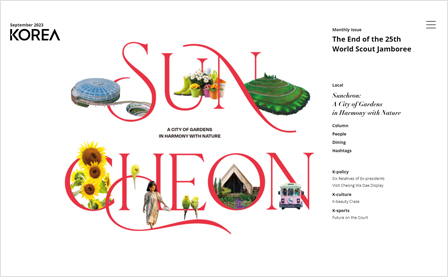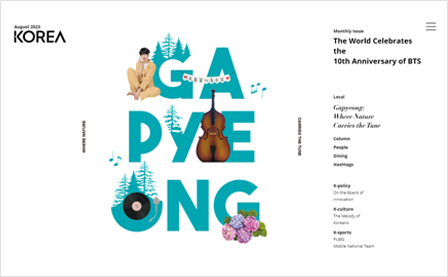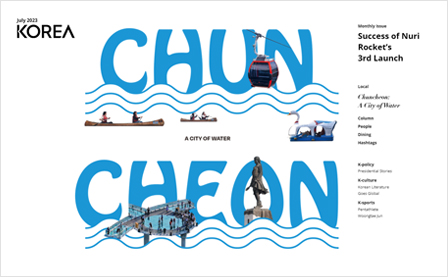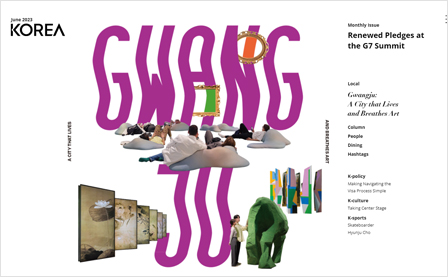October 2023

K-sports
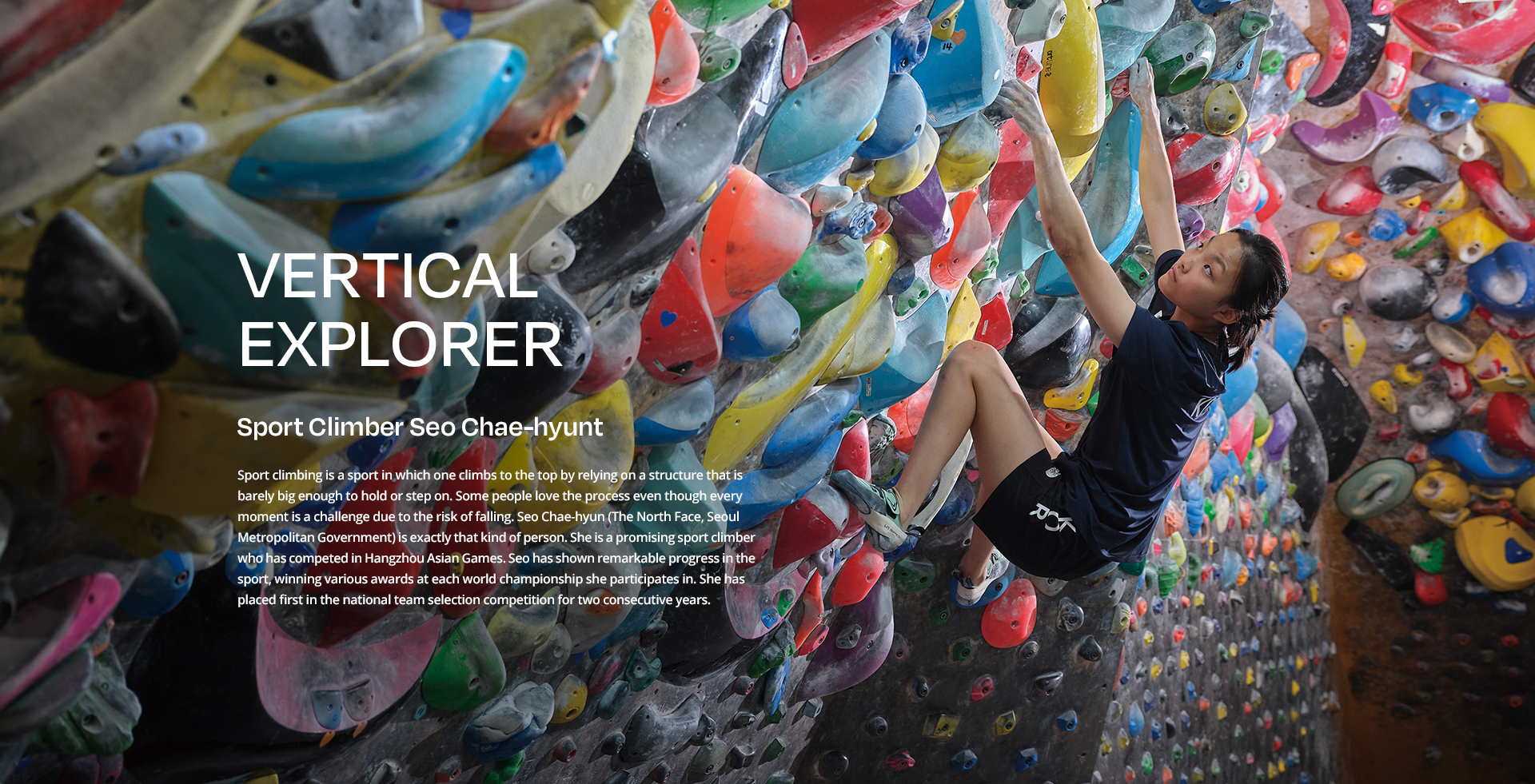
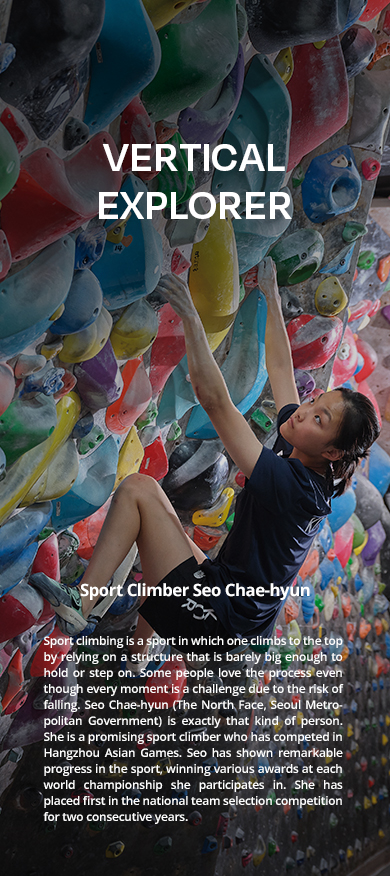
Q. Tell us about sport climbing.
Sport climbing is a sport where you climb a wall. The sport includes lead, speed and bouldering. Lead is a competition to see which competitor can climb the highest 15 m rock wall with a different structure within a certain time limit. Speed is a competition to see who can climb a 15 m rock wall with the same structure the fastest. Bouldering involves climbing to the top of a 5 m rock wall using only designated holds. Bouldering scores are based on how many tasks are completed within the time limit.
Q. Are the rules the same for each climb?
The game is over as soon as you fall, but the rules are slightly different. For example, there’s a structure used in lead that’s known as the anchor. It’s a point in the middle of the path where you hang your line. Points are only awarded for each anchor queued, so players should not pass it.
Q. What made you want to become an athlete?
I started sport climbing when I was five. Both of my parents were sport climbers who owned a climbing center, so I naturally started sport climbing from a young age. I really enjoyed it, so I participated in a lot of competitions and didn’t worry as much about my grades. I started receiving professional training when I was in fifth grade, but there wasn’t a particular reason I became an athlete.
Q. Isn’t climbing a wall scary?
I was scared when I first started sport climbing. I was especially afraid of falling. But I stopped feeling scared after I started to experience different things. My climbing skills improved when I entered middle school. I think I learned how to concentrate better on the sport. The only thing I could see was where I needed to climb. While I was competing, I learned that all on-site accidents were caused by insufficient preparation. Recognizing this, I understood that I could prevent accidents by thorough preparation, including safety equipment checks before each game. As a result, I no longer fear falling.
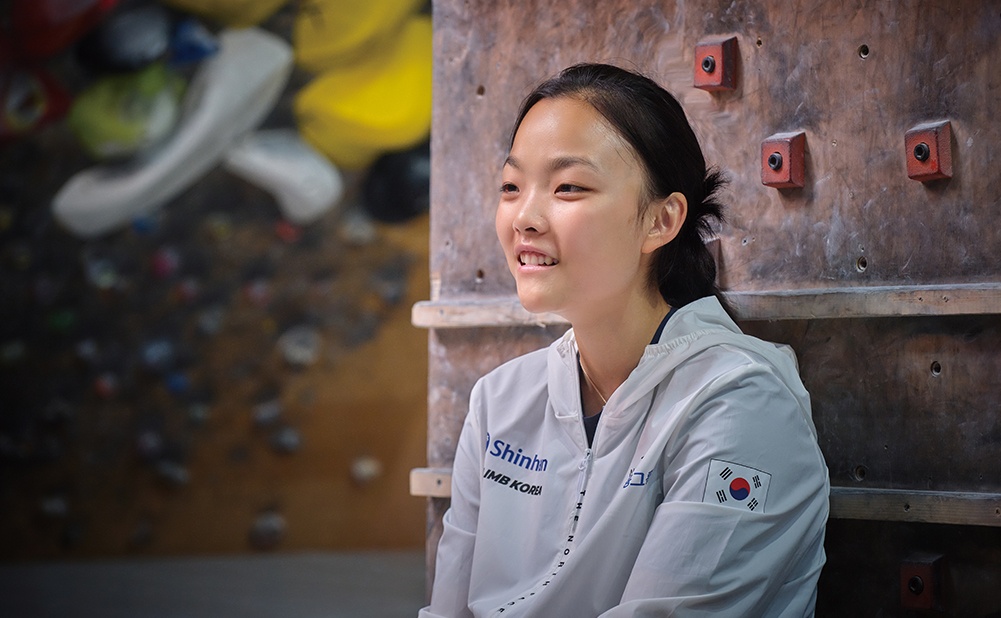
Q. What is your strength?
I would say it’s my agility that can’t be honed with strength alone. I’ve been climbing natural rock walls since I was young. Training at an indoor climbing center is very different from climbing a natural rock wall. I think that natural rock walls are more difficult to predict. All of the holds that you step on are different shapes, and the hold positions are sometimes hard to see. Natural rock walls are also more slippery. I’ve been climbing natural rock walls since I was young, so I got to experience a lot of things that are difficult to do at an indoor training center. It gave me the chance to learn different techniques and ways to move my body. I think it helped me gain the ability to deal with situations that may arise at training sites or competitions.
Q. How do you usually train?
I train for two days and take a day off. I usually do weight training for my upper and lower body for the first four hours. People may think that you need to focus on the upper body for sports climbing, but it’s also essential to have a strong lower body so you can keep your foot on hold. After weight training, I train at the indoor training center under my father’s coaching. I mainly focus on conditioning during the season. I increase the intensity of my training once the season ends and winter begins.
Q. Last winter, you trained to climb La Rambla in Spain. I heard that you were the first woman to complete the climb since 2017.
La Rambla is the place of my dreams. I’ve always been more interested in conquering natural rock walls than becoming an athlete. I made a promise to myself that I would climb the incredibly difficult La Rambla one day. I ended up being able to climb it much easier than I expected. I was both amazed and dazed by the fact that I had been able to climb the mountain without much difficulty.
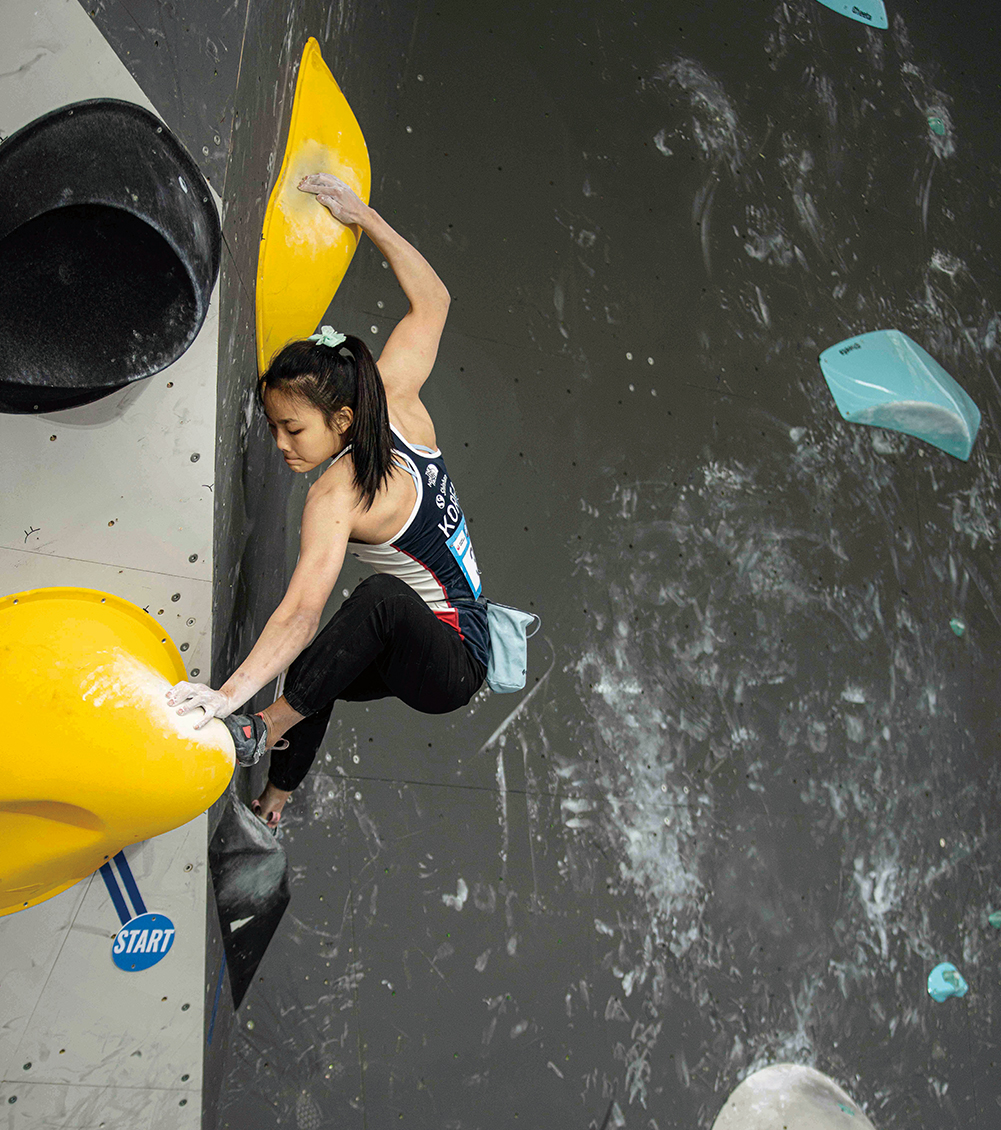 Seo Chae-hyun competes in the 2023 IFSC Climbing World Cup in Seoul. ©Korea Alpine Federation
Seo Chae-hyun competes in the 2023 IFSC Climbing World Cup in Seoul. ©Korea Alpine FederationQ. What do you find attractive about sport climbing?
The sense of accomplishment! That’s what I felt when I competed at the IFSC Climbing World Championships in 2019. I had to rush to reach the summit fully. It was a risky move, but I knew I could win if I succeeded, and I was determined to complete the climb. I leaped eagerly and managed to grab onto the hold. I still vividly remember the sensation of grasping that hold. I think you can only truly understand this feeling if you experience it yourself.
Q. Do you have any advice to make sport climbing more fun to watch at the Asian Games?
Ranks in sport climbing are usually awarded based on a combination of the scores from lead, speed and bouldering. However, speed is going to be an individual event at this year’s Hangzhou Asian Games. That means the ranking for sport climbing will be calculated by combining the performance for lead and bouldering.
There’s also a new game format that only applies to the Asian Games. Bouldering has a “zone hold” which is approximately at the midpoint. There’s normally only one zone in bouldering, but there are two in the Asian Games. Points are usually awarded for successful zone attempts, but in the Asian Games, points are deducted for each failed zone attempt. The rules are slightly different this time for sport climbing at the upcoming Asian Games. I think you’ll be able to enjoy watching the sport even more if you know about the differences.
Q. What kind of athlete do you want to become in the future?
To me, sport climbing is a friend that I want to be with for the rest of my life. There are times when it’s difficult, but I would be sad if it was no longer something I could do. So, I want to become an athlete who always enjoys sport climbing.
 View of all
View of all